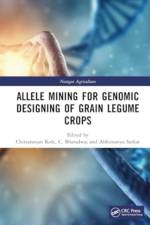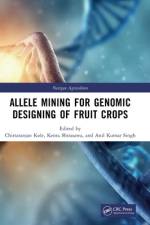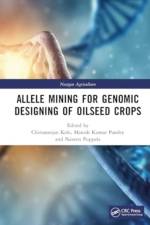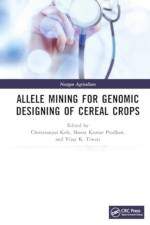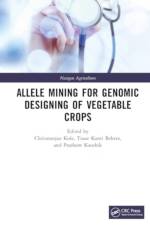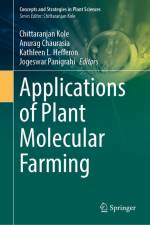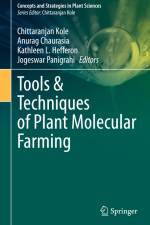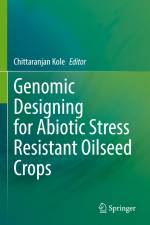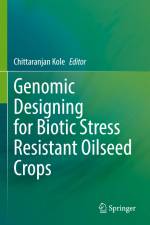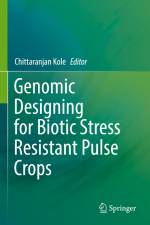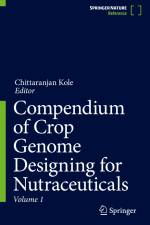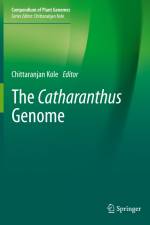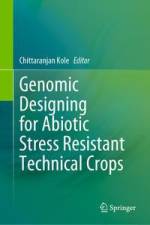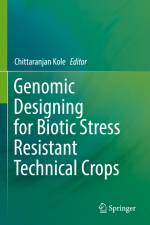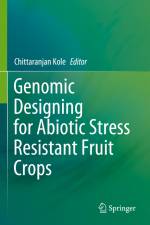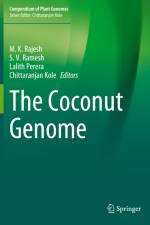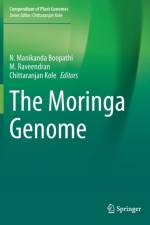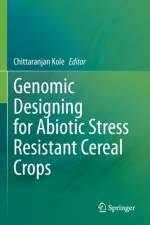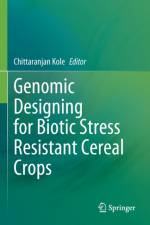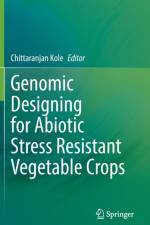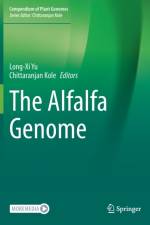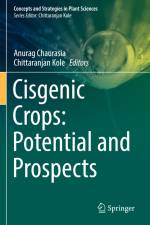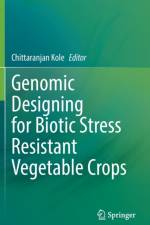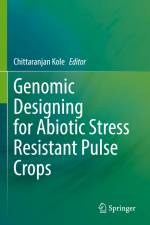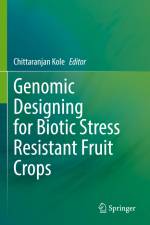av Chittaranjan Kole
8 495
The crop plants cater not only to our basic F5 (food, feed, fiber, fuel, and furniture) needs but also provide a number of nutraceuticals with potential nutritional, safety and therapeutic properties. Many crop plants provide an array of minerals, vitamins, and antioxidant-rich bioactive phytochemicals. Increasing incidences of chronic diseases such as cancer, diabetes and HIV, and malnutrition necessitate global attention to health and nutrition security with equal emphasis to food security. This compendium compiles results of researches on biochemical, physiological and genetic mechanisms underlying biosynthesis of the health and nutrition related nutraceuticals. It also explores the precise breeding strategies for augmentation of their content and amelioration of their quality in crop plants under all commodity categories including cereals and millets, oilseeds, pulses, fruits and nuts, and vegetables. The compendium comprise 5 sections dedicated to these 5 commodity groups and presents enumeration on the concepts, strategies, tools and techniques of nutraceutomics. These sections include 50 chapters devoted to even number of major crop plants. These chapters present deliberations on the biochemistry and medicinal properties of the nutracuticals contained; genetic variation in their contents; classical genetics and breeding for their quantitative and qualitative improvement; tissue culture and genetic engineering for augmentation of productivity and quality; and sources of genes underlying their biosynthesis. They also include comprehensive enumeration on genetic mapping of the genes and QTLs controlling the contents and profile of the nutraceuticals and molecular breeding for their further improvement through marker assisted selection and backcross breeding tools. Prospects of post-genomic precise breeding strategies including genome-wide association mapping, genomic selection, allele mining, and genome editing are also discussed. This compendium fills the gap in academia, and research and development wings of the private sector industries interested in an array of subjects including genetics, genomics, tissue culture, genetic engineering, molecular breeding, genomics-assisted breeding, bioinformatics, biochemistry, physiology, pathology, entomology, pharmacognosy, IPR, etc., and will also facilitate understanding of the policy making agencies and people in the socio-economic domain and research sponsoring agencies.

